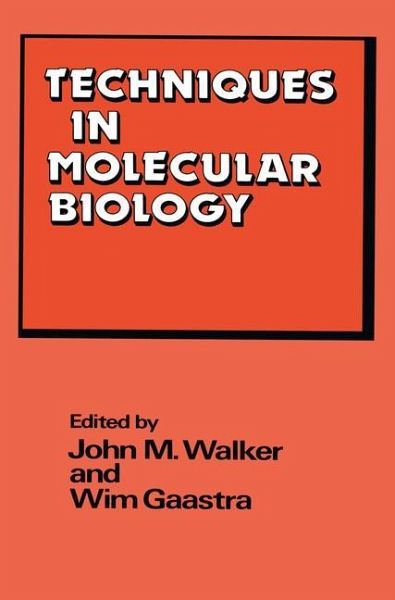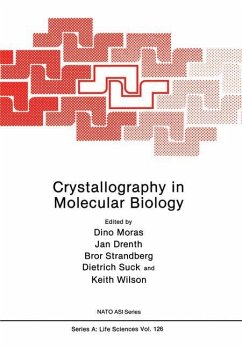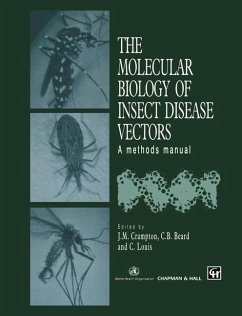
Techniques in Molecular Biology

PAYBACK Punkte
39 °P sammeln!
The last few years have seen the rapid development of new methodology in the field of molecular biology. New techniques have been regularly introduced and the sensitivity of older techniques greatly improved upon. Developments in the field of genetic engineering in particular have contributed a wide range of new techniques. The purpose of this book therefore is to introduce the reader to a selection of the more advanced analytical and preparative techniques which the editors consider to be frequently used by research workers in the field of molecular biology. In choosing techniques for this bo...
The last few years have seen the rapid development of new methodology in the field of molecular biology. New techniques have been regularly introduced and the sensitivity of older techniques greatly improved upon. Developments in the field of genetic engineering in particular have contributed a wide range of new techniques. The purpose of this book therefore is to introduce the reader to a selection of the more advanced analytical and preparative techniques which the editors consider to be frequently used by research workers in the field of molecular biology. In choosing techniques for this book we have obviously had to be selective, and for the sake of brevity a knowledge of certain basic biochemical techniques and terminology has been assumed. However, since many areas of molecular biology are developing at a formidable rate and constantly generating new terminology, a glossary of terms has been included. The techniques chosen for this book are essentially based on those used in a series of workshops on 'techniques in molecular biology' that have been held at The Hatfield Polytechnic in recent years. In choosing these chapters we have taken into account many useful suggestions and observations made by participants at these workshops. Each chapter aims to describe both the theory and relevant practical details for a given technique, and to identify both the potential and limitations of the technique. Each chapter is written by authors who regularly use the technique in their own laboratories.














